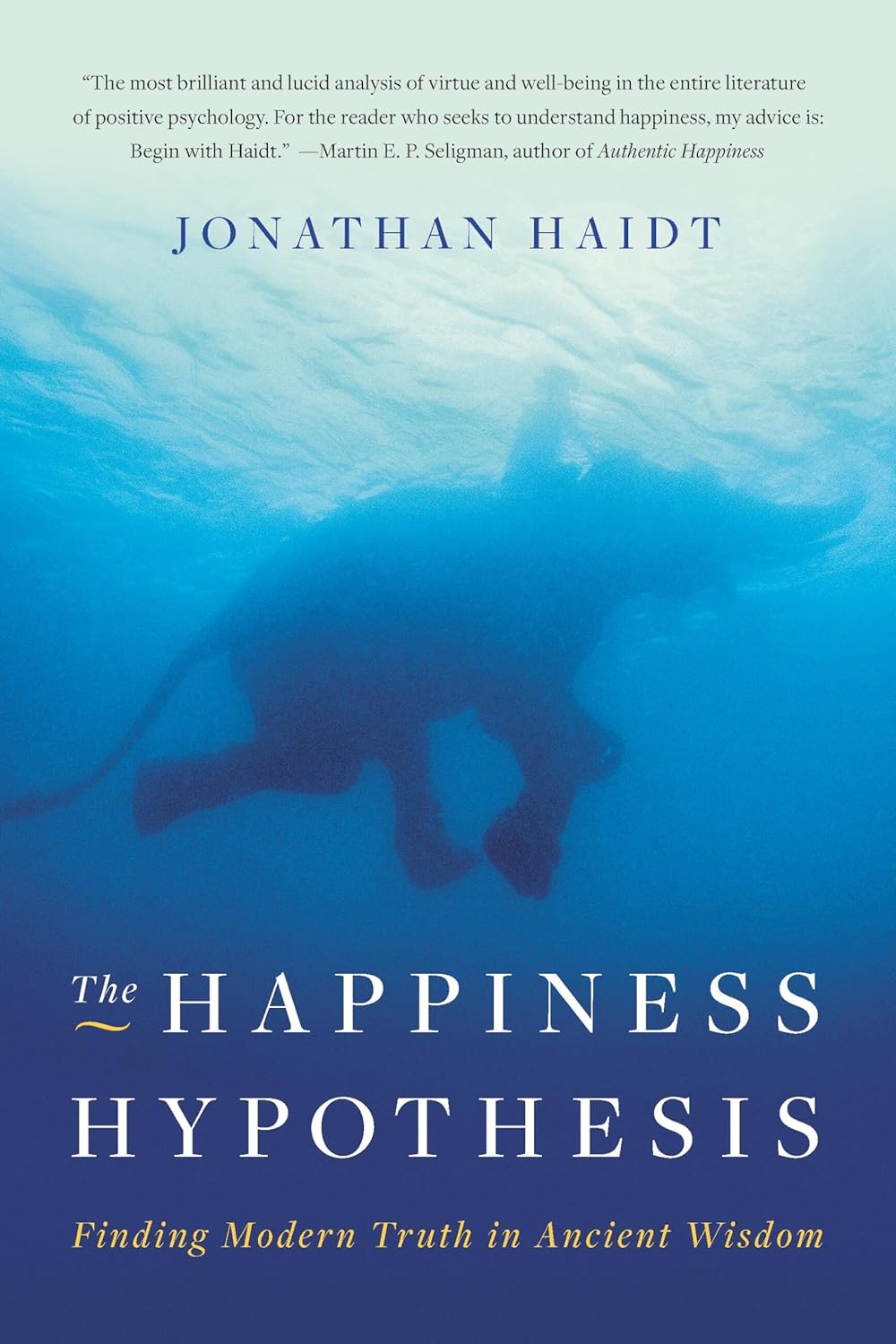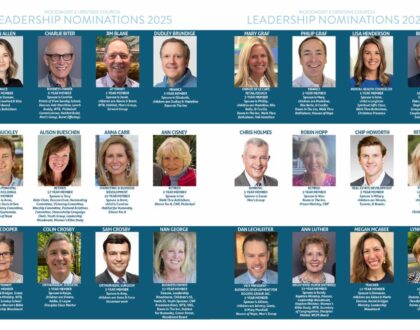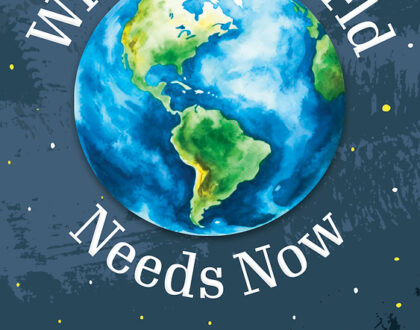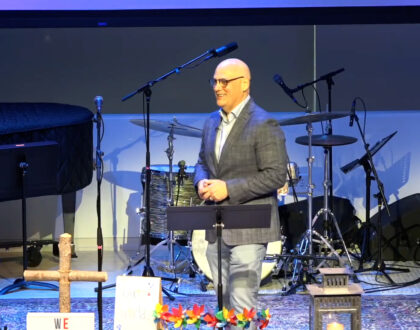Being “Christian” in an Election Year

This Wednesday night, October 9, we will conclude our “Faith, Values, and the Public Square” series with a panel of ministers talking about “Being Christian in an Election Year.” This is a difficult yet very important topic. The civil and political landscape in America remains fractured and polarized, affecting every aspect of our culture including the unity of the church. Christians have a responsibility to model and be advocates for civil dialogue among people of different backgrounds and political ideologies. The anger and incivility of our culture has become a challenge that should be addressed by people of faith, not ignored. The separation of church and state is important in America but does not prohibit the church from engaging this crucial topic. Advocates of different political persuasions should be encouraged to have civil dialogue, listen to each other, and learn from one another. All Christians need to be reminded that, “What unites us (Jesus Christ) is far greater than what divides us (partisan politics). Jesus prayed for unity the night before his death.
Our culture seems much more concerned with hard stances on the “issues” and less concerned with the thought process, dialogue, and life experiences that lead to those positions. Social media has fueled polarization and created echo chambers of like minds. The research of NYU social psychologist Jonathan Haidt is helpful in this area. In his book The Happiness Hypothesis he says: “My research confirms the common perception that liberals are experts in thinking about issues of victimization, equality, autonomy, and the rights of individuals, particularly those of minorities and non-conformists. Conservatives on the other hand, are experts in thinking about loyalty to the group, respect for authority and tradition, and sacredness. When one side overwhelms the other, the results are likely to be ugly. A society without liberals would be harsh and oppressive to many individuals. A society without conservatives would lose many of the social structures and constraints that Durkeim showed are so valuable.”
Haidt defines “ideology” as being “A set of beliefs about the proper order of society and how it can be achieved,” with the most fundamental question being “whether to preserve the present order, or change it?” Make no mistake, without these varying ideals and worldviews, the world would be a very boring place. Yet with them, the world is a very stressful place, full of opinions, disagreements, and a never-ending cycles of contentious campaigns and hot issues.
Kindness, civility, and active listening are absolutely necessary but often seem lacking. Morality is a complicated subject because good, honest people simply disagree on a multitude of topics. In a later book, The Righteous Mind, Haidt says this: “Morality binds and blinds. It binds us into ideological teams that fight each other as though the fate of the world depended on our side winning the battle. It blinds us to the fact that each team is composed of good people who have something important to say.”
Christians can play an important role in helping return our culture to mutual respect and civil discord. Put differently, love your neighbor as you love yourself.
Recommended Posts

Leading in the Church
May 16, 2025

New Series – “Timeless Values for a Chaotic World”
May 05, 2025


